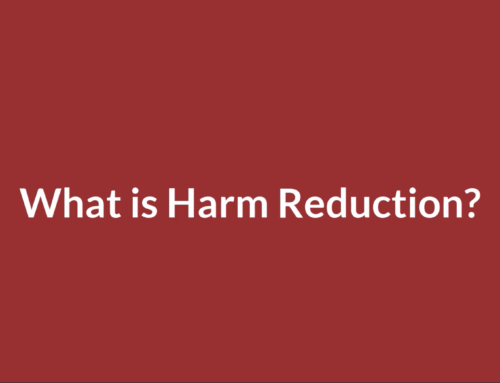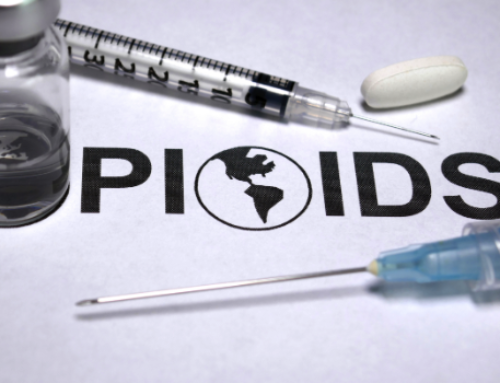Recovery from any kind of addiction is a process, and it takes time to give results. This process is a straightforward journey for some people, whereas others may experience relapse/s during their journey. Some people consider relapse as a failure, which is not really true.
This article will help you understand the concepts of addiction, recovery, and relapse. After going through the following article, you will know whether relapse is a part of the recovery process. In addition to that, this article also explains how a person can live clean and sober.
Addiction
It is a neuropsychological disorder in which a person experiences a persistent and intense urge to engage in specific behaviors despite their negative consequences. An example can be the usage of a drug that substantially harms the human body.
It is a chronic dysfunction of a person’s brain system involving reward, motivation, and memory. There are four stages of addiction as follows –
- Experimentation
- Social or regular
- Problem or risk
- Dependency
Recovery
The recovery process acts as a light at the end of the tunnel in the devastating impact of addiction. A substance abuse treatment program can help and guide anyone to overcome addiction. Some people complete this journey very quickly compared to others who take more time to live clean and sober.
Relapse
A relapse is a stage when a person starts using a substance again during the process of recovery after a period of abstinence from that substance. Although relapse is extremely discouraging, it is a common struggle for recovering people. Approximately 40% to 60% of those suffering from a substance use disorder and receiving treatment experience relapsing within the first year.
Relapse: A Part of Recovery
Although we cannot say that relapse is a failure in the recovery process, calling it a part of this process may also have several implications. Even if it is a commonly occurring incident with people recovering from substance addiction, calling it a part of the recovery process may sound like justifying the use of drugs.
People are more likely to encounter some setbacks during their journey to sobriety; however, keeping the definitions of lapse in mind and relapse is essential. Although momentary lapses in judgment are normal, returning to the previous lifestyle has no place in proper recovery.
Even if it seems like a harmless phrase, it delivers a false impression of what standard recovery should look like. It also provides an excuse for re-adopting old habits rather than developing new, healthy ones. True recovery is a complete lifestyle change, and not just giving up substance use. Saying that substance use is a part of this process isn’t helpful since that idea can lead to a dangerous cycle of excusing or even enabling drug use during recovery.
Learning to Live Clean and Sober
It is essential for a person recovering from substance addiction to learn to live clean and sober. Just joining a rehabilitation program is not enough; it is important to change the whole lifestyle. Certain tips can help you live clean and sober. Go through them and follow them to experience a better way of living:
- Identifying your personal triggers
Once you identify the risk factors, you can plan to avoid them. - Recognizing relapse warning signs
Remember, it begins long before you actually use the substance again. - Preparing for PAWS
Be prepared to experience Post-Acute Withdrawal Syndrome (PAWS). - Avoiding old routines and habits
Old routines and habits are more likely to take you back to addiction. - Building healthy relationships
Stay away from toxic relationships and start building healthy ones. - Getting support
Joining a support group helps a lot for those who do not have sober friends. - Developing a structured schedule
Avoid chaotic or disorganized lifestyles and develop a structured schedule for yourself. - Practicing healthy living
Prefer exercising regularly, eating well-balanced meals, and getting ample, good-quality sleep. - Staying cool and calm
If left unchecked, anger can affect your health and lasting sobriety. - Dealing with past mistakes
Control your feelings of guilt and shame from becoming excessive. - Finding balance in your life
To maintain lasting sobriety, you must find balance in your life.
If you are looking for support related to substance addiction recovery for yourself or your loved ones, feel free to reach us at Volunteers of America, SouthWest.


